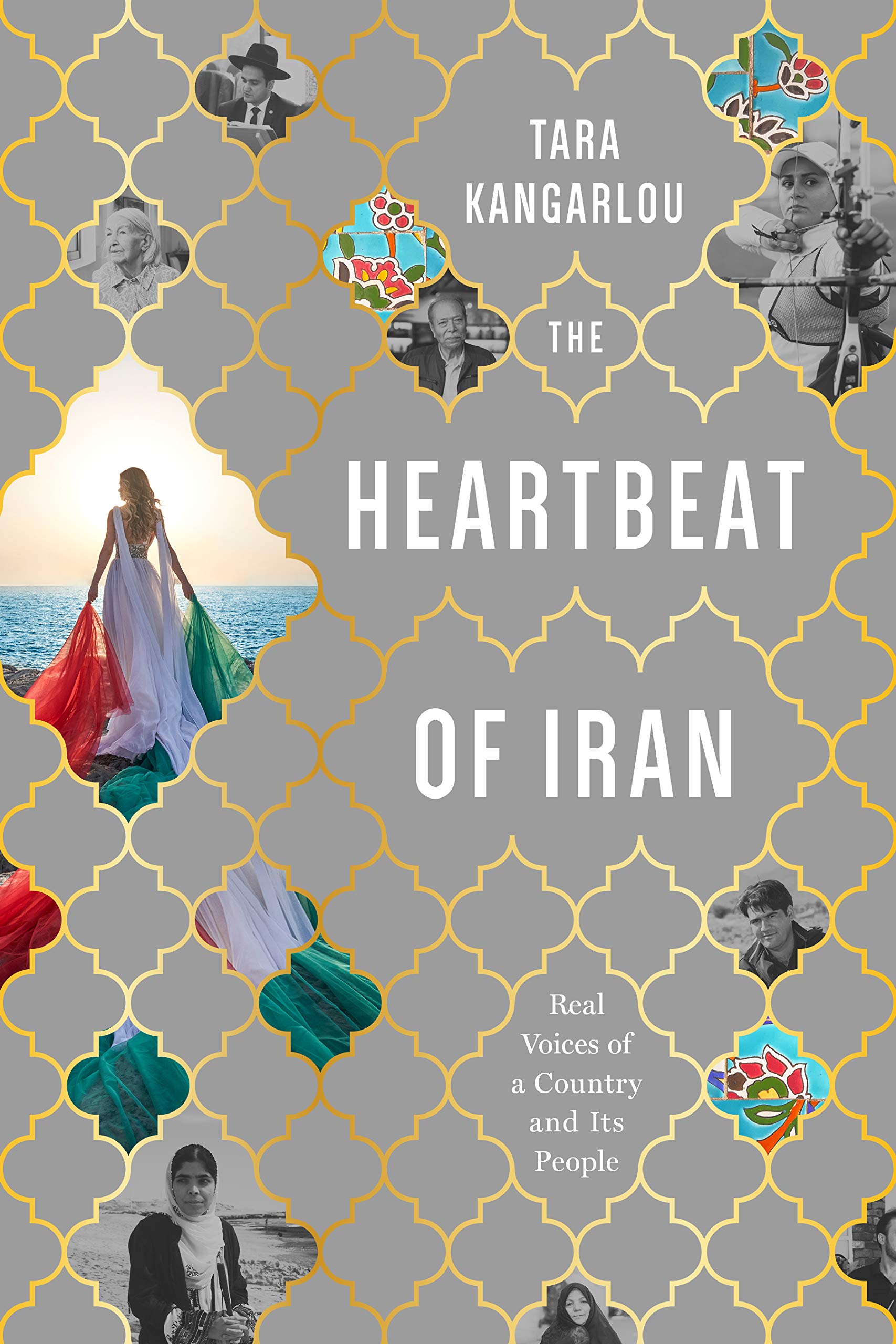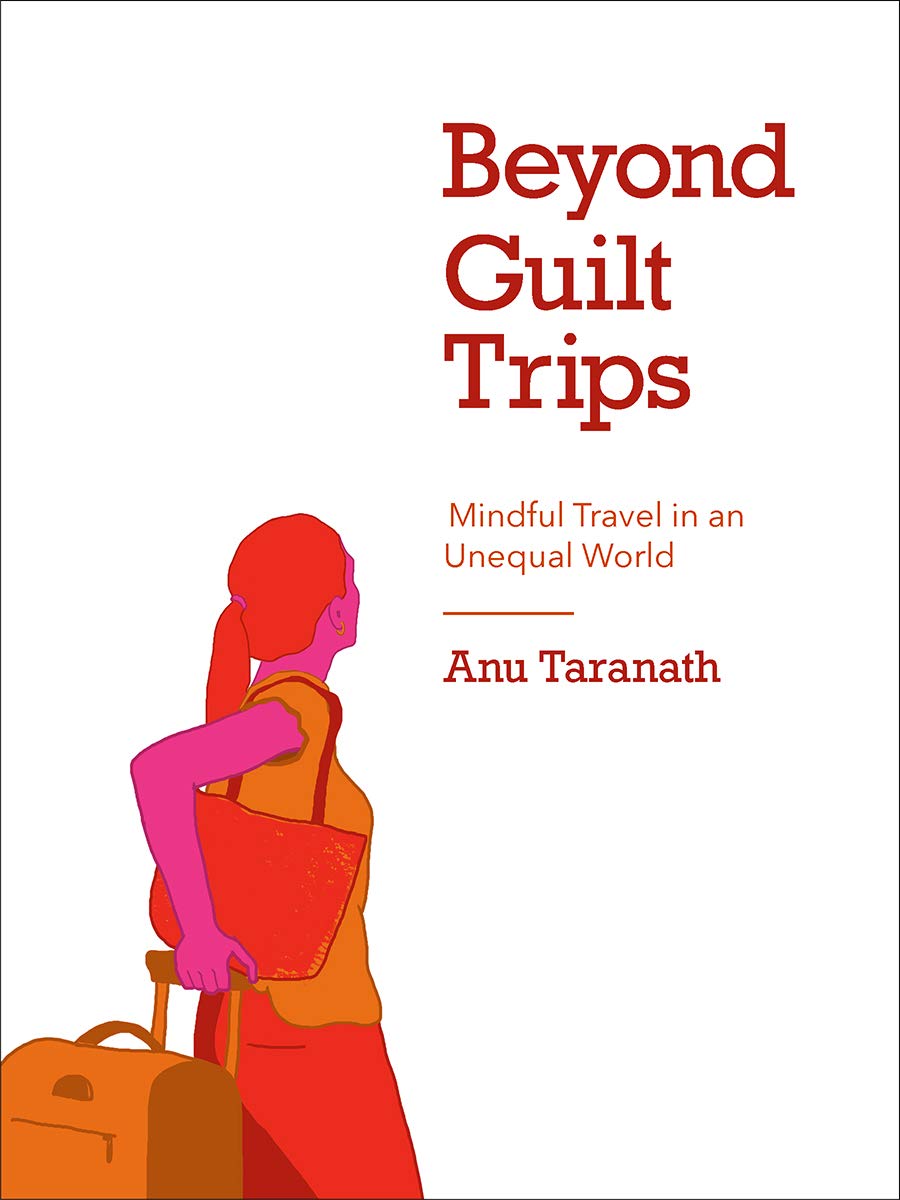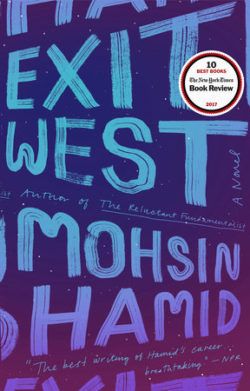Global Classroom Book Club
2021-2022
 Global Classroom is excited to feature newly published work, The Heartbeat of Iran, written by award winning journalist, Tara Kangarlou, for our Fall 2021 Global Classroom Book Club. As we continue to navigate the global pandemic, it is important that we acknowledge the the political and racial divides unearthed during this time and educate ourselves about the lived experiences of peoples around the world.
Global Classroom is excited to feature newly published work, The Heartbeat of Iran, written by award winning journalist, Tara Kangarlou, for our Fall 2021 Global Classroom Book Club. As we continue to navigate the global pandemic, it is important that we acknowledge the the political and racial divides unearthed during this time and educate ourselves about the lived experiences of peoples around the world.
The Heartbeat of Iran showcases the everyday lives of the people of Iran focusing, not on the country’s, “delicate socio-cultural, political, and religious mosaic,’ but on the people who make up this mosaic and breathe life into the country. This work follows the lives of 24 regular Iranians and “offers an unprecedented insight into how people’s shared humanity, culture, and aspirations are far greater and more powerful than any rift and divide.”
Join us as we welcome author, Tara Kangarlou, to discuss her work and engage in conversation surrounding her experience in working to bridge cultural and political divides through storytelling.
Explore our curriculum resource guide for this program!
2020-2021
 To kick off the new year, Global Classroom is thrilled to revisit Dr. Anu Taranath’s timely and compelling book, Beyond Guilt Trips: Mindful Travel in an Unequal World, for our Winter Book Club. A Finalist for three book awards and featured in YES!, Bitch, and AFAR Magazines, Beyond Guilt Trips delves into issues related to identity, social justice, and cross-cultural perspectives through the lens of travel and tourism.
To kick off the new year, Global Classroom is thrilled to revisit Dr. Anu Taranath’s timely and compelling book, Beyond Guilt Trips: Mindful Travel in an Unequal World, for our Winter Book Club. A Finalist for three book awards and featured in YES!, Bitch, and AFAR Magazines, Beyond Guilt Trips delves into issues related to identity, social justice, and cross-cultural perspectives through the lens of travel and tourism.
Although we are unable to travel due to the global pandemic, the positive side is that we have the time to further educate ourselves on how we can be more mindful of the cultures, languages, and lived experiences of those we will be interacting with as the world begins to open back up. Mindful Magazine was, “enlivened by [Dr, Anu’s] travel stories– at once tense, challenging, and brightly beautiful — Taranath’s book may become required reading for those who wander, and those who want to.” Global Classroom is humbled to be working with Dr. Anu Taranath again, as we launch our Winter 2021 book club, and look forward to providing safe space for our educators to explore themes that are currently at the forefront of global discourse.
Participants will discuss issues surrounding identity, social justice, and cross-cultural perspectives with Dr. Anu, a UW professor and racial equity facilitator. Rethinking how we engage in an unequal world both in our own communities and across the globe, Dr. Anu will provide the tools and context for developing ethical and thoughtful approaches to mindful travel.
Please see the updated curriculum resource guide for this book club for further resources, tools, lesson plans, and activities related to this topic!
2019-2020
 Have you wondered how to engage in mindful travel both locally and globally? How might we travel across differences in race, culture, wealth and access with more grace, reflection and accountability? As teachers, what are ways to inspire our students to actively participate in thoughtful travel as local and global citizens?
Have you wondered how to engage in mindful travel both locally and globally? How might we travel across differences in race, culture, wealth and access with more grace, reflection and accountability? As teachers, what are ways to inspire our students to actively participate in thoughtful travel as local and global citizens?
Join us for our summer book club featuring Anu Taranath’s timely and compelling book, Beyond Guilt Trips: Mindful Travel in an Unequal World. A Finalist for three book awards and featured in YES!, Bitch and AFAR Magazines, Mindful Magazine has also written “Enlivened by her travel stories– at once tense, challenging, and brightly beautiful — Taranath’s book may become required reading for those who wander, and those who want to.”
Join us as we delve into issues related to identity, social justice, and cross-cultural perspectives.
Participants will discuss these themes with Dr. Anu, a UW professor and racial equity facilitator. Rethinking how we engage in an unequal world both in our own communities and across the globe, Dr. Anu provides the tools and context for developing ethical and thoughtful approaches to mindful travel.
Click here to view the curriculum resource guide supplementing this program!
2018-2019

“The Great Successor is an irreverent yet insightful quest to understand the life of Kim Jong Un, one of the world’s most secretive dictators. Kim’s life is swathed in myth and propaganda, from the plainly silly–he supposedly ate so much Swiss cheese that his ankles gave way–to the grimly bloody stories of the ways his enemies and rival family members have perished at his command.
One of the most knowledgeable journalists on modern Korea, Anna Fifield has exclusive access to Kim’s aunt and uncle who posed as his parents while he was growing up in Switzerland, members of the entourage that accompanied Dennis Rodman on his quasi-ambassadorial visits with Kim, and the Japanese sushi chef whom Kim befriended and who was the first outsider to identify him as the inevitable successor to his father as supreme ruler. She has been able to create a captivating portrait of the oddest and most isolated political regime in the world, one that is broken yet able to summon a US president for peace talks, bankrupt yet in possession of nuclear weapons. Kim Jong Un; ridiculous but deadly, and a man of our times.”
How can we begin to understand the complex history of North Korea and its leader? Delve deeper into this question by engaging in a dynamic discussion with other educators, explore contemporary challenges facing North Korean society, and share diverse strategies for bringing North Korea into the classroom.
Check out our curriculum resource guide for this year’s book club, here!
2017-2018

The refugee crisis facing the world today is unprecedented in scope, and the stories of people forced to flee their homes and leave their families permeate our news cycle every week. Quite often, however, we focus on the dramatic images and stories of the flight itself, and stop short of investigating the lives refugees lead as they struggle to build new lives and homes in foreign lands. Our 2018 book club discussed those less commonly told stories through the lens of Mohsin Hamid’s Exit West. Hamid’s novel tells the tale of two remarkable young people, Nadia and Saeed, as they meet in an unnamed country on the brink of civil war. As the city they live in descends into chaos, Nadia and Saeed decide to seek a way out through a magic doorway that whisks them to the Greek island of Mykonos. As they travel through new doorways, each leading to an uncertain future and an alien place, the characters struggle to hold onto each other, the past, and the very sense of who they are. In this way Hamid tells a story that focuses less on the physical perils of refugees, and more on the emotional and mental struggle entailed in seeking refuge.
Participants read Exit West and completed a brief assignment based on the text, as well as attended a 2-hour follow-up session on May 1st to discuss the themes of the book and how to incorporate them into a classroom setting. Participants also received a reading resources packet containing supplementary information and lesson plan ideas pertaining to the refugee crises. Educator participants submitted t a short (1/2 – 1 page) lesson idea they could use with their students based on a theme the book.
2016-2017
We take for granted that water is the foundation of life: our world doesn’t stand a chance without it. Access to clean, safe water for drinking, sanitation, and agriculture is scarce in so many places around the world—and this fact has consequences that impact us all. Our book club explores the geographical, economic, social, and political dimensions of the worldwide water crisis, and challenges teachers to take on one of the most pressing issues of our time with their young students.
Explore Global Classroom’s Reading Resources for the anthology book Written in Water.
Participants will read chapters from the anthology Written in Water: Messages of Hope for Earth’s Most Precious Resource, and educators will incorporate portions of the book into their classroom teaching. Written in Water comprises of a collection of essays authored by heroes and leaders in the field of water solutions and innovations—a broad range of people from varied disciplines who have contributed to bringing awareness to and conserving Earth’s freshwater supply. This book is interdisciplinary and chapters are appropriate for Middle and High School students especially.
2015-2016
Global Classroom invites K-12 educators to join us for a winter book club examining the
complexities of life in Dadaab refugee camp in northern Kenya; a timely topic as the number of refugees around the world has reached an all-time high since World War 2. Together we will read the new book from Ben Rawlence and Macmillan Publishers entitled City of Thorns: Nine Lives in the World’s Largest Refugee Camp.
On January 13, 2016 teachers in our book club had the opportunity to meet with City of Thorn‘s author Ben Rawlence for a conversation mediated by former Ambassador to the DRC Roger Meece. Ben offered insight into his experience as a researcher in Dadaab–the largest refugee camp in the world, and the location of his book–as well as provided ideas for ways to incorporate themes from the book in the classroom.
Thank you to The Seattle Times for hosting this event, and to Ben Rawlence and Ambassador Meece for a fascinating discussion about very urgent issues in the Horn of Africa.
Educators were offered a City of Thorns Reading Resource Guide to accompany their reading, and are required to submit a City of Thorns Book Club Assignment by Sunday, February 28th.
Various reviews describe City of Thorns:
“City of Thorns is a powerful and timely reminder of how unresolved conflicts, from Somalia to Syria, have contributed to the unprecedented global refugee crisis. Ben Rawlence’s intimate, vivid portrait of the forgotten refugees in Dadaab is a much needed effort to close the humanity gap between the West and the rest. A must read”—Kim Ghattas, author of The Secretary: A Journey with Hillary Clinton from Beirut to the Heart of American Power
“At a time when West governments are obsessing over migrant flows, City of Thorns offers unique insights into what prompts people to abandon their ancestral homes in the first place and the dreams that send them questing for a better life. Researching this book can’t have been easy. Ben Rawlence is to be congratulated not just for his accessible writing style, but for his modesty, pluck and determination.” —Michela Wrong, author of In the Footseps of Mr. Kurtz and Borderlines
“Compassionate and powerful, this book gets to the heart of the tragedy of Somalia, and the struggles that face those displaced by war and want in eastern Africa. To better understand the current crisis of migration in our modern world, start here.”—David Anderson, professor of African History
Sponsored by the Center for Global Studies at the Jackson School of International Studies, University of Washington. The January 13 Meet the Author event was hosted by The Seattle Times.